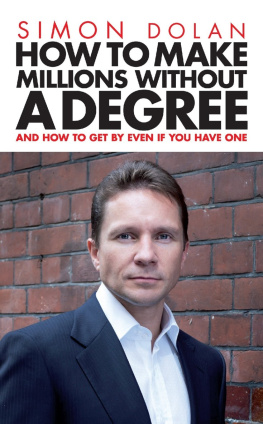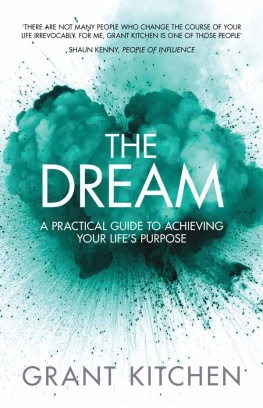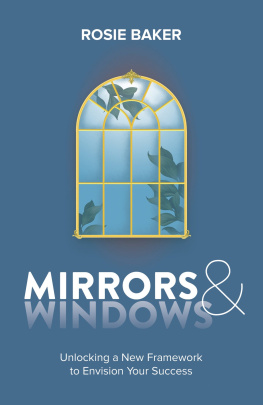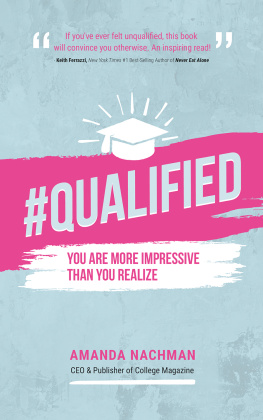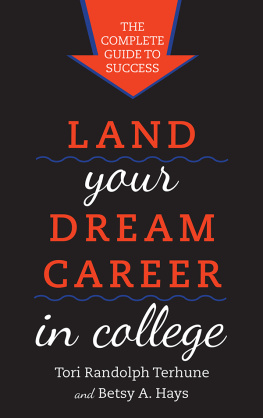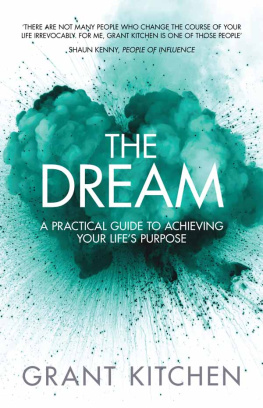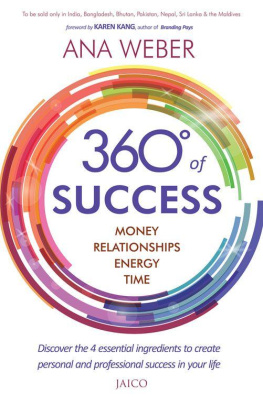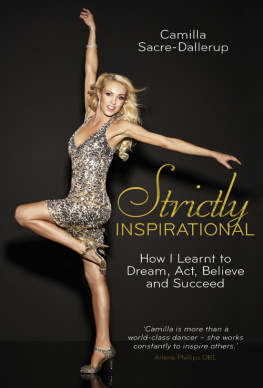Simon Dolan is one of the UKs most successful entrepreneurs. As CEO of SJD Group Ltd, a business he founded in 1992 and expanded across the UK, he turns over 70 million a year and is regularly featured on the Sunday Times Rich List.Simon continues to work his Midas touch across a range of industries, and has expanded his empire to include profitable magazines and websites, an airline and a motor-racing team. As a keen motor-racing driver, he formed the companies Jota Sport and The Drivers Club to offer private, high-performance driver training and driving events. Jota Sport is a highly successful sports car-racing outfit for which Simon drives at all major events.Simon is also a one-time champion kick-boxer and a self-styled business angel. Having established a 5 million fund to invest in new businesses, Simon gained national media coverage in 2010 for becoming the worlds first Twitter Dragon, inviting pitches from entrepreneurs via 140-character tweets.SJD Accountancy has won a raft of awards, including Extraordinary Three Star Status in the Sunday Times Best Companies Accreditation since 2007, and Sunday Times Best Small Companies to Work For Award in 2009 and 2007.
HOW TO MAKE
MILLIONS WITHOUT
A DEGREE
SIMON DOLAN

Copyright 2010 Simon Dolan
The moral right of the author has been asserted.
Apart from any fair dealing for the purposes of research or private study, or criticism or review, as permitted under the Copyright, Designs and Patents Act 1988, this publication may only be reproduced, stored or transmitted, in any form or by any means, with the prior permission in writing of the publishers, or in the case of reprographic reproduction in accordance with the terms of licences issued by the Copyright Licensing Agency. Enquiries concerning reproduction outside those terms should be sent to the publishers.
Matador
5 Weir Road
Kibworth Beauchamp
Leicester LE8 0LQ, UK
Tel: 0116 279 2277
Email:
Web: www.troubador.co.uk/matador
ISBN 9781848765900
British Library Cataloguing in Publication Data.
A catalogue record for this book is available from the British Library.
Printed in the UK by MPG Biddles, Kings Lynn
Matador is an imprint of Troubador Publishing Ltd
For my beautiful wife Sabrina,
and my gorgeous boys Bowie and Enzo.
Nothing means anything without you all by my side xxx
Contents
By my 23rd birthday Id hit the buffers. Id left school at 16, cruised through a diploma at a local college, had various sales jobs, including selling timeshares, and received a drink driving ban. Unemployed, on the dole, with few prospects and fewer ideas, I was pretty much washed up, no doubt a disappointment and worry for my honest, hard-working parents. Then, driven more by desperation than anything, I started a simple business doing accounts and tax returns for small, local firms. I was good at it. Also, my work experience before and after leaving school turned out to be very relevant. My business grew, and quickly. Now, 17 years later, I own a group of companies turning over 70 million.
The funny thing is, while Im proud of the way things turned out, and while it is a business success tale by any measure, its not a remarkable story. I didnt invent some amazing gadget, struggle heroically against the odds or devise some revolutionary set of new business principles. And I didnt train for years, taking qualification after qualification, A levels, degree, masters degree I started an ordinary business, grew it along old-fashioned lines if a bit erratically on occasion made my share of the usual mistakes and generally put in the slog.
Im now the owner of a group of companies turning over 70 million. Im the only shareholder, so the profits are mine to do what I like with. It was actually very simple to get to this rather favourable position in life. Astonishingly simple. Much easier than going to lectures, studying for hours on end and taking exam after exam. Im going to tell you how I did it, because maybe youd like to do it too.
I decided to write this book to shed light on the great mystery of starting a business and earning a lot of money. At first I wondered if maybe I should wrap my story in mystery, work up some tricky formula that, if you follow it, would guarantee your passage to successful entrepreneurship and fabulous wealth, and if you didnt get rich it was because you didnt follow my instructions carefully enough , because you missed out some small but essential bit, or because you didnt fully understand this part or that part. But if I did that Id be a bit of a con artist, because its not true. The fact is I just drifted into something I had an aptitude for, saw that nobody else was doing it the way I was, did it well, and, after a while, got organised. I also got a bit lucky at one point later on, but if I hadnt done all the bits before that, the stroke of luck wouldnt have meant a bean. Luck is preparation multiplied by opportunity.
I decided to write this book, not to share some unbelievable success story, but to show you that success isnt all that difficult if you follow a few simple rules. Id like to show you how easy it is to start a business and do well, with or without a degree. So Im just going to tell you how I did it, and focus on the parts which I know for a fact you can transfer to any sort of business to make it successful.
Were bombarded with news about the gaping budget deficit in this country, but I believe there is a more serious sort of deficit looming, one that saps our independence and enjoyment of life and threatens our countrys future. Its a deficit of entrepreneurship. A deficit of initiative.
For the last 30 years or so, young people have been aggressively pushed onto an academic path leading to a university degree and entrepreneurship has been ignored. In the 1960s, the percentage of young people going to university was five per cent. These were the people training to be doctors and lawyers and priests and engineers and poets and naval officers and whatever else you needed a degree to do. Today that figure is closer to 45 per cent, and rising fast. And the governments target had been for 50 per cent of school leavers to go to university.
Why do we think getting a degree is so great? Because were told that people with degrees have far better prospects. They get better jobs, better husbands and wives, cultivate healthier habits and are generally more successful. Whereas people who dont get degrees are poorer and get stuck in crummy, dead-end jobs and are at higher risk of becoming total losers and dropping out and burdening the state. As a nation, we worship nervously at the altar of higher education because we think it will equip people to become effective system surfers.
Its time to explode this myth. Actually, its already exploded. Its pretty much an open secret now that many degrees are useless when it comes to getting a good job, and graduates are the first to admit it. A growing number of them end up in crummy jobs anyway, as well as being 20,000 in debt and, more worryingly, three to five years behind where they might have been in picking up solid skills and experience in the world of work.
Im not going to overload you with statistics, but I couldnt resist this one: small and medium-size businesses account for 99 per cent of all companies in the UK and for three-fifths of private sector employment. This is where the jobs are. In a survey by the Centre for Enterprise conducted in 2010, most of them said they hired according to skill and experience, not academic qualifications, and 39 per cent said they didnt need graduate level skills in their business at all . Yet wave after wave of ambitious people still head off to university, like kamikaze pilots, with a sort of helpless shrug. But what else are they to do? What sane person would buck the trend and decide not to go to university, given the widespread acceptance that higher education offers everyone a better future?
Next page
